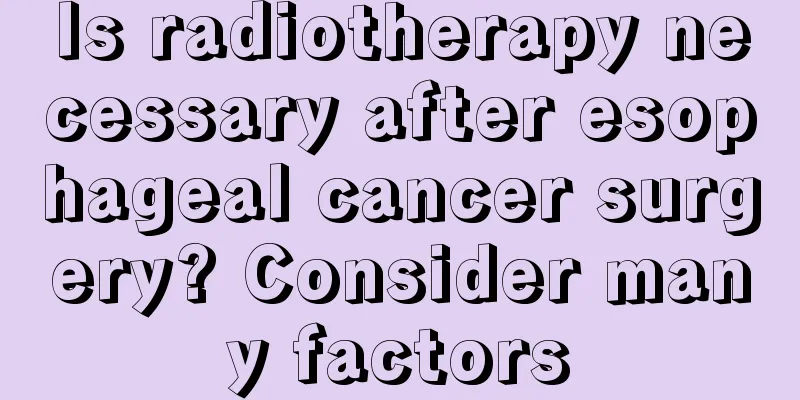Is toe deformity hereditary?

|
In life, many people have toe deformities. There are many reasons for toe deformities, and there are many types of toe deformities. In many cases, toe deformities are also related to genetics. When toe deformities occur, treatment or correction should be carried out early, especially before adulthood. The correction will be more effective. Early treatment and early recovery will also be beneficial to development. Is toe deformity hereditary? Generally speaking, there should be certain family genetic factors, and whether such a situation will be passed on to the next generation. It is difficult to judge at the moment. It is recommended that you consult an expert in this field to help with genetic testing to help determine future situations. Types of toe deformities Clubfoot: Also known as drop toe foot, it is caused by paralysis of the anterior tibialis muscle. When standing, the ankle can only touch the ground with the forefoot. The heel cannot touch the ground with weight due to excessive plantar flexion of the joint. The Achilles tendon of the affected foot contracts and shortens, and equinus and inversion of the foot often exist at the same time. Valgus foot: Due to paralysis of the anterior and posterior tibial muscles, the foot shape is opposite to inversion, and only the inner side of the foot can touch the ground and bear weight, and the inner arch of the foot often sinks. Toe-toe foot: Also known as heel walking, it is often seen in paralysis of the gastrocnemius and soleus muscles and congenital malformations, resulting in the heel landing on the toes when standing and walking with weight, and obvious dorsiflexion of the ankle joint. Arched foot: The longitudinal arch of the foot is significantly higher than the normal arch. When measuring the arch, the angle decreases without discomfort. This is caused by the imbalance of force between the intrinsic and extrinsic muscles of the foot. Hammer foot: It is caused by excessive relaxation of the transverse arch of the foot. Congenital clubfoot It is a common congenital orthopedic malformation in children. Its incidence rate is / times that of girls. It occurs unilaterally and slightly more often than bilaterally. It is related to skeletal, muscular, neural and genetic factors. One or both feet will have equinus deformity after birth, that is, the heel is turned inward, the forefoot is adducted and turned inward, and the toes are deviated inward. In addition, it is often accompanied by calf internal rotation deformity. With age, the deformity gradually worsens, especially after weight-bearing walking, local calluses often appear due to the outer edge of the dorsum of the foot touching the ground. |
>>: The flesh next to the toenail is swollen
Recommend
Six things that make your life unhappy
Are Chinese people living a happy life? Foreign m...
How to remove oil stains from clothes
Oil stains on clothes are a worry for many housew...
Does laser treatment of condyloma acuminatum hurt?
Genital warts are a relatively common private dis...
How do prostate tumors come about
Prostate tumors belong to urology, and most of th...
How to treat vitamin D deficiency tetany
Vitamin D deficiency tetany is a relatively commo...
What are the symptoms of Sjögren's syndrome?
Sjögren's syndrome is a problem that cannot b...
What is a healthy diet for nasopharyngeal cancer
In recent years, nasopharyngeal carcinoma has bec...
Whose genes do boys generally inherit
People often say that genes are strong. Generally...
What's the matter with the small bumps on the fingers
In life, many people report that they have small ...
How is nasopharyngeal carcinoma inherited
In fact, a large proportion of nasopharyngeal can...
Can I mop the floor while I am in confinement?
Most women rarely get out of bed during the confi...
Tattoo sequelae
Many people choose to get tattoos as a manifestat...
What medicine can I apply to cure chickenpox faster?
When a baby has chickenpox, in addition to itchy ...
What role does pepper play in cooking
Many people like to put some pepper powder in the...
Symptoms of intracranial hemangioma
When a hemangioma appears in a person's brain...









